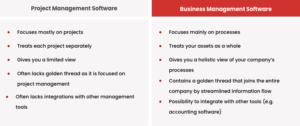Information technology has revolutionized the economy by increasing productivity, enabling global communication, and fostering innovation. It has transformed business operations and consumer behavior.
Information technology (IT) has become a cornerstone of modern economic development. By streamlining processes, IT has significantly enhanced productivity across various industries. Businesses can now operate more efficiently, reducing costs and improving output. Global communication has also been simplified, breaking down geographical barriers and fostering international trade.
Companies can now collaborate with partners and reach customers worldwide with ease. Additionally, IT has spurred innovation, creating new markets and industries. Startups and tech giants alike develop cutting-edge solutions that drive economic growth. Overall, IT’s impact on the economy is profound, reshaping how businesses and consumers interact and thrive.

Credit: www.studocu.com
Boost In Productivity
Information technology has greatly boosted productivity. This change affects many areas. From automation to industry impact, the effects are clear.
Automation And Efficiency
Automation has reduced the need for manual labor. Machines and software now handle repetitive tasks. This allows workers to focus on creative tasks. Efficiency has improved as a result. Companies can produce more in less time.
Consider a factory that uses robots. These robots work faster and more accurately than humans. This boosts the factory’s output. It also reduces errors and waste.
| Manual Process | Automated Process |
|---|---|
| 10 units/day | 50 units/day |
| High error rate | Low error rate |
Impact On Various Industries
Information technology impacts many industries. Each industry sees a rise in productivity.
- Healthcare: Better patient care through digital records.
- Education: Online courses reach more students.
- Retail: E-commerce platforms increase sales.
In healthcare, doctors access patient records quickly. This leads to faster diagnosis and treatment. In education, online learning platforms allow students to learn at their own pace. Retail sees a surge in online sales, thanks to e-commerce.

Credit: www.iberdrola.com
Globalization
Globalization has reshaped the world’s economies. Information Technology (IT) is a major driver behind this transformation. IT has broken down barriers, enabling seamless communication and trade across borders.
Cross-border Commerce
It has revolutionized cross-border commerce. Businesses can now reach customers worldwide. Online platforms like Amazon and Alibaba enable global sales. Sellers and buyers can connect easily and securely.
Payment systems have also evolved. Digital payment gateways support multiple currencies. This makes international transactions smooth and efficient. Shipping and logistics have improved too. Real-time tracking ensures transparency and reliability.
| Aspect | Impact |
|---|---|
| Online Platforms | Enable global sales |
| Digital Payments | Support multiple currencies |
| Logistics | Real-time tracking |
Remote Work Revolution
The rise of IT has sparked a remote work revolution. Employees can now work from anywhere. This flexibility benefits both workers and employers.
Communication tools like Zoom and Slack are vital. They enable instant messaging and video calls. Cloud services allow access to files from any location. This ensures continuity and productivity.
- Zoom – Video conferencing
- Slack – Instant messaging
- Cloud Services – File Access
Remote work reduces costs. Businesses save on office space and utilities. Employees save on commuting time and expenses.
This shift has global implications. Companies can hire talent from around the world. This diversifies the workforce and fosters innovation.
Job Market Transformation
The impact of Information Technology on the economy has led to significant changes in the job market. This section explores how IT has transformed employment opportunities and skill requirements.
Emergence Of New Job Roles
Information Technology has created numerous new job roles. These roles did not exist before the IT boom. Examples include:
- Data Analysts
- Cybersecurity Experts
- App Developers
These roles require new skills and knowledge. This change is reshaping the employment landscape.
Shift In Skill Requirements
The rise of IT has led to a significant shift in skill requirements. Traditional skills are no longer enough. New skills are needed to stay competitive. Key skill areas include:
| Traditional Skills | New IT Skills |
|---|---|
| Basic Computer Use | Advanced Programming |
| Manual Data Entry | Data Analysis |
| Basic Networking | Cybersecurity |
Workers must adapt to these changes. They need ongoing education and training. This transformation is continuous and dynamic.
Economic Growth
Information technology (IT) has transformed the global economy. It has driven growth through innovation and startups, increased access to markets, and improved efficiency. This section explores how IT has influenced economic growth.
Innovation And Startups
It has fueled the creation of new businesses. Young entrepreneurs now have the tools to start companies with minimal investment. Startups are thriving in fields like software development, e-commerce, and biotechnology.
- Software development: New apps and programs are launched daily.
- E-commerce: Online stores reach customers worldwide.
- Biotechnology: Advancements in health and medicine are accelerating.
These innovations create jobs and boost the economy. Startups often introduce disruptive technologies. They solve problems and create new markets.
Increased Access To Markets
It has opened global markets to businesses of all sizes. Small companies can now compete with larger corporations. The Internet connects sellers and buyers worldwide.
Online platforms like Amazon and eBay have revolutionized retail. Businesses can reach millions of customers with a single click. Digital marketing tools help companies target specific audiences.
| Tool | Benefit |
|---|---|
| Search Engine Optimization (SEO) | Improves visibility in search results |
| Social Media Advertising | Targets specific demographics |
| Email Marketing | Engages customers directly |
It also streamlines logistics and supply chain management. Businesses can track shipments and manage inventory in real time.
Challenges And Risks
Information technology has transformed our economy. But it also brings challenges and risks. Businesses and individuals must navigate these carefully.
Cybersecurity Threats
Cybersecurity threats are a major concern. Hackers target sensitive data. They steal personal information and financial details. This impacts both companies and customers.
Businesses invest heavily in cybersecurity measures. They use firewalls, antivirus software, and encryption. But the threat is always evolving. New attacks emerge regularly.
Small businesses are especially vulnerable. They often lack robust security systems. This makes them easy targets for cybercriminals.
Digital Divide
The digital divide is another significant risk. Not everyone has equal access to technology. This creates gaps in opportunities and economic growth.
Rural areas often lack high-speed internet. This limits their access to digital services. People in these areas may miss out on online education and job opportunities.
The cost of technology can also be a barrier. Low-income families may struggle to afford computers and internet access. This prevents them from participating fully in the digital economy.
Governments and organizations are working to bridge this gap. They offer subsidies and programs to increase access. However the digital divide remains a persistent challenge.
| Challenge | Impact | Solution |
|---|---|---|
| Cybersecurity Threats | Data breaches and financial loss | Invest in security measures |
| Digital Divide | Inequitable access to opportunities | Subsidies and access programs |

Credit: www.studocu.com
Future Outlook
The future of information technology (IT) in the economy is promising. IT has already transformed many sectors, and its impact will grow. Understanding the future outlook helps businesses plan and adapt.
Potential For Continued Growth
The potential for continued growth in IT is vast. Automation and artificial intelligence (AI) are expected to lead this growth. AI can improve efficiency and reduce costs in many industries.
Another area of growth is cloud computing. It offers scalability and flexibility for businesses. This allows companies to store and process data without large infrastructure investments.
| Technology | Impact |
|---|---|
| Artificial Intelligence | Improves efficiency and reduces costs |
| Cloud Computing | Offers scalability and flexibility |
Adapting To Technological Changes
Businesses must adapt to technological changes to stay competitive. This means investing in employee training and upskilling. Workers need to learn new tools and technologies.
Adapting also involves updating infrastructure. Businesses should invest in modern equipment and software. This helps them leverage new technologies effectively.
- Invest in employee training
- Update infrastructure
- Leverage new technologies
Adapting to technological changes can be challenging. But it is essential for long-term success. Companies that adapt well will thrive.
Frequently Asked Questions
How Has It Improved Economic Productivity?
Information Technology (IT) has streamlined processes and automated tasks. This leads to increased efficiency and productivity. Businesses can now achieve more in less time.
What Role Does It Play In Job Creation?
It has created new job opportunities in various sectors. It has led to the emergence of tech-related roles. These jobs contribute significantly to the economy.
How Has It Influenced Global Trade?
It has made global trade more accessible and efficient. It has simplified communication and transactions. This helps businesses to operate internationally with ease.
Can It Reduce Operational Costs?
Yes, It can significantly reduce operational costs. Automation and cloud computing lower expenses. This allows businesses to allocate resources more efficiently.
Conclusion
Information technology has significantly boosted economic growth, increased productivity, and created new job opportunities. Embracing technology can drive innovation and enhance global competitiveness. The economy thrives when businesses and individuals adapt to technological advancements. Keep exploring how IT continues to shape our economic landscape.






